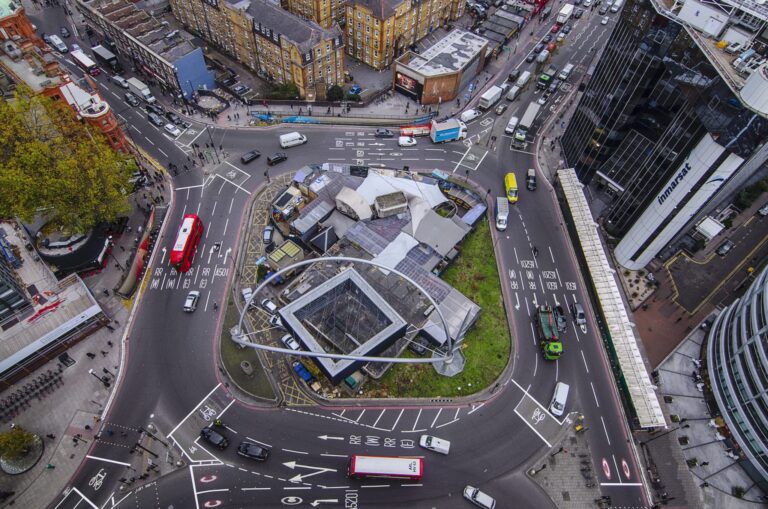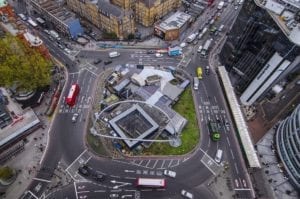Transport for London (TfL) has awarded a contract to IT company Sopra Steria to jointly develop new software that aims to help TfL tackle issues such as congestion and road danger.
TfL will work with Sopra Steria to develop a new control centre system, which will give everybody managing the road network a single, unified view of everything happening on the network, including up-to-the minute details of all known incidents and the actions being taken.
The software will also be able to analyse multiple sources of information to generate rapid incident alerts for TfL staff to deliver it to local councils, the emergency services and other organisations, as well as TfL’s customers and companies providing routing advice to road users.
Furthermore, the new software is being designed to enable TfL and other organisations to detect and respond to incidents more quickly and efficiently, reducing the road danger they can cause and helping to minimise their impact on congestion.
Glynn Barton, TfL’s director of network management, said: “We’re working to completely overhaul the way we manage London’s road network as we tackle some of the biggest challenges our growing city faces, such as poor air quality, road danger and congestion.
“Our world-leading work with Sopra Steria will enable us to respond to incidents on the roads much more quickly, keeping the roads safe and clear and helping to keep London moving.”
The new control centre system is part of TfL’s wider strategy to transform the way it manages its road network. The Surface Intelligent Transport Systems (SITS) programme is using new technology to increase reliability and help to reduce congestion.
In June 2018, TfL awarded a contract to Siemens to develop and install new Real Time Optimiser (RTO) technology across London, which aims to improve TfL’s ability to control its traffic lights in response to real life incidents and conditions.






